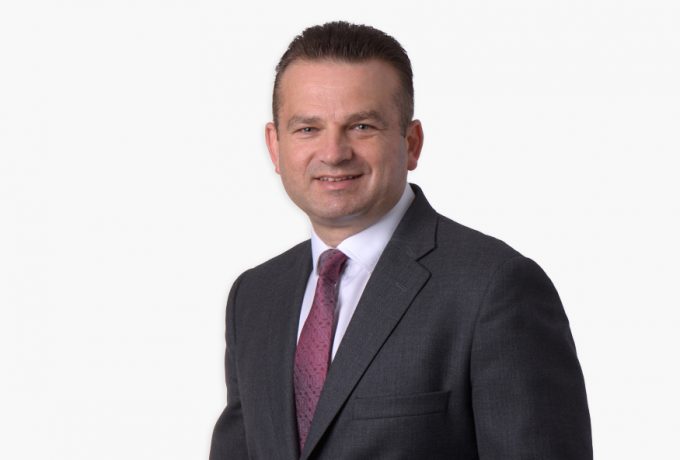
A limited supply of vehicles is achieving what the agency sales model sets out to do.
After the two most profitable years ever in the automotive industry, we have learned a valuable lesson; limited supply leads to a dramatic increase in profitability for the entire automotive supply chain (OEMs, distributors and retailers).
We now live in a time where customers order cars and wait for delivery. Stocking levels are low and the dealership has time to operate in an orderly and more customer-centric manner.
Interestingly, this is what the OEMs were aiming to achieve with the agency sales model.
With the agency model, automakers ultimately look to limit the supply (at dealerships) while providing price transparency by eliminating discounting. They also looked to control more of the consumer experience as buying behaviour is shifting online which appears to be the ultimate goal to compete with the likes of Tesla and direct to consumer (DTC) rivals.
Could all the goals of the shift to agency sales models by the OEMs been simply achieved by not oversupplying the market?
Agency Sales Model
The OEMs are using the transition to EVs as a catalyst to redefine the consumer experience and redefine the distribution and sales channels.
In addition to the above motivations to change the current widely adopted franchise model to an agency sales model, the OEMs need to defend their market share from the hundreds of new EV automakers that are emerging in China and recoup the committed billions of dollars spent to retool production lines from ICE to EVs.
Additionally, the brands see significant opportunities as the car becomes more ‘tech enabled’ and defined by its software more than its hardware. The OEMs are planning a future with new waves of subscription products that will be sold to the consumer post-purchase via over the air updates.
The big consulting firms pushed the agency model to the OEMs by forecasting it may help them realise an additional 8 per cent of retail price efficiencies.
Those efficiencies include the elimination of discounting, reduction of incentives and rebates, centralised back-office costs and reduced headcount.
The agency model is theoretically meant to provide the OEM with control of the sales channel, gain direct access to customers, control over pricing and increase sales efficiency.
The problem is that dealers, who have nearly a century of experience in retail, only managed to get 2 per cent bottom line profit (before the pandemic induced increase in profits).
How can the OEM achieve 8 per cent when they don’t have the facilities, employ the sales staff or have the retail know-how?
The agency model is a bit of a hybrid between the full direct to customer (DTC) and franchise model, which only highlights the real possibility that DTC is the ultimate goal where the forecasted 8 per cent is achievable.
No one really can yet quantify the long-term success, or lack thereof, from the agency sales model in these early days in Australia.
What is abundantly clear is that whatever shape or form an agency agreement takes it must result in a win-win-win situation. The consumer must win by having a better overall purchasing experience; the car brand is seeking a win by getting more customer access, more control of the sales process and increased sales margin, and the dealer must be able to find their place in the sales model to maintain their business profitability and being able to continue to service their local community.
The shift to agency and DTC is fundamentally changing the automotive value chain, which will drastically impact the economics of dealers.
The disruptions will continue and will accelerate, requiring dealers to respond to how they position their businesses in the future. Dealers will continue to play a critical role in providing the customer experiences that the OEMs want to achieve.
Dealers need to keep a mindset that embraces change and adapt as needed, which I’m confident they will.
Footnote: What isn’t widely considered in the agency sales model is that as the OEMs take the inventory onto their balance sheet (along with the risk) they lose the capability to produce more than they sell in a race to gain market share. The age old practice of pushing vehicles into the market and on to dealers and building up inventory will no longer be tolerable to the OEM.








